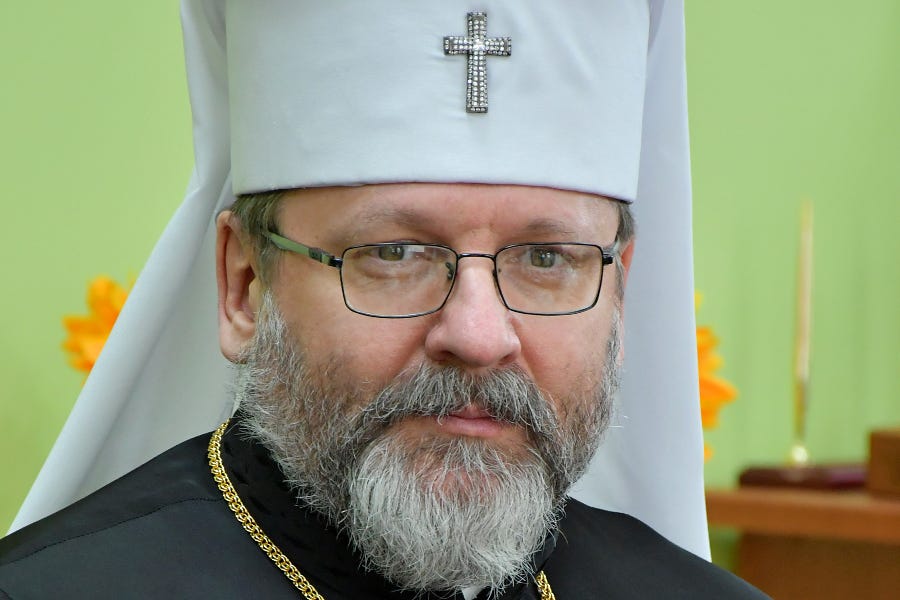Why a Ukrainian Catholic leader criticized the pope’s Russia remarks
Pope Francis provoked an outcry with off-the-cuff remarks to young Russian Catholics.
The Vatican issued a rare clarification Tuesday of a statement by Pope Francis.
The clarification followed the even rarer public criticism of papal remarks by the head of an Eastern Catholic Church.

The leader in question is …
